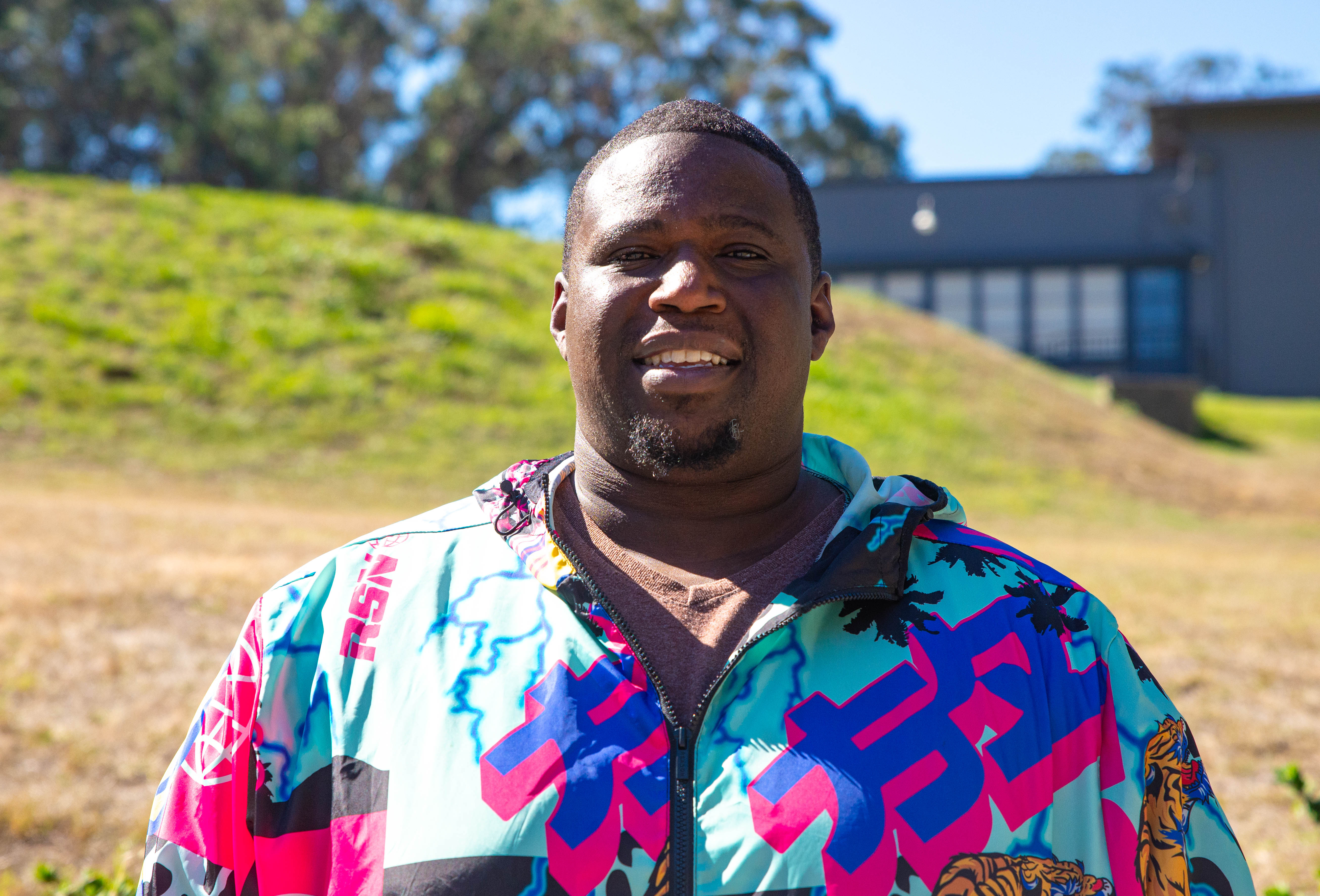Grace as the Path to Equity: Embracing the Imperfect for a Harmonious Society
Can grace, as a concept that embraces the imperfect, be the key to equity?

To begin to address the issue of inequity, Dr. Ijeoma Ononuju, who manages the Equity, Diversity, and Inclusive Education (EDIE) program at Touro University California’s Graduate School of Education, says you need to understand how equity is different from equality.
It begins with the awareness and acceptance that everyone is born with a range of advantages and disadvantages, some much more than others. Equality gives everyone the same without qualifying needs. Equity seeks to fill the gaps of those born with the most deficits by giving them enough to come close to parity, so that eventually equality can be achieved.
The mortar to fill in those gaps, to achieve equity, is ideologically spiritual rather than economic: grace. A chance visit to his mother’s house and a discussion with his auntie about grace inspired Ononuju to alchemize his intricate idea of grace as a path towards achieving equity.
“Essentially saying that grace is this concept where you understand that perfection is not realistic, and so in order to make up for the lack of ability to reach the state of perfection, grace comes in,” says Ononuju. Grace for equity is a concept that combines acceptance of imperfection, mixing it with compassion, and catalyzing it with love.
Grace for equity is an act of meeting someone’s need without reciprocation or achievement. It can be inclusive of mentorship, forgiveness, money, service, or a chance, not just material goods. When applied in the act of elevating someone with a disadvantage, grace turns it into equity. Actualizing this is a multifaceted approach that requires individual mindset shifts and systemic changes to extend forgiveness and opportunities.
“What equity says is like, let's stop always putting people in positions to earn, and start finding ways to utilize love in an operational way, so that within my business, within my department, within my organization, people have opportunities that they might not have had otherwise,” says Ononuju.
Consider the art of mending broken pottery. Many ancient civilizations used metal staples, but the Japanese created kintsugi, where the fractures themselves, gilded veins of powdered metal held the pieces together. Often pieces are missing altogether and are simply replaced with fixative that has the dual function of reconstruction and decoration. Grace is the adhesive compound, humans are the broken pieces, and the whole is harmony.
The EDIE program is all about understanding and being able to communicate the equitable mindset, which Ononuju says is more important than ever since many workplaces are eliminating Diversity, Equity, and Inclusion (DEI) directors.
“Our program teaches you how to articulate equity in a way that will allow folks who don't have an equitable mindset to jump on board and then create policy, so that the space becomes welcoming to folks that have never had been welcomed before,” says Ononuju. “It was designed for educators, and because we are a Graduate School of Education it still has an educational spin, but the program is really designed for anyone who is looking to take their equity work to the next level.”
